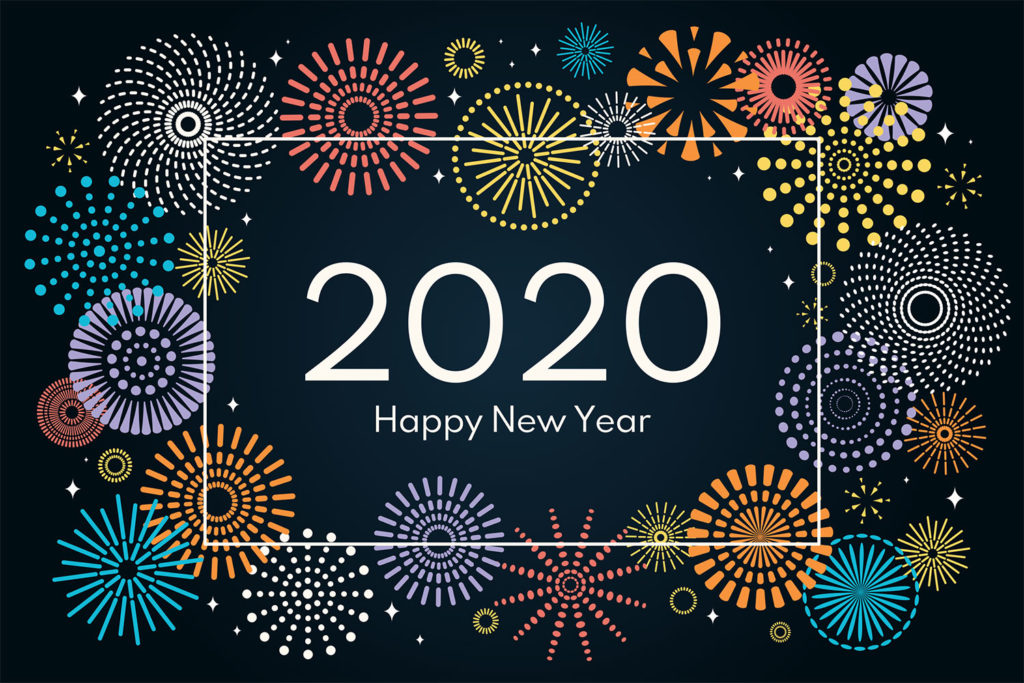New Year Message

January 2020 marks a year of being in the role of Director for London Arts in Health. New Year is always a good time to reflect and look forward and so I thought I would round up some of what I have learnt a year in as well as what I am looking forward to.
Arts and health is finally having it’s moment in the spotlight. I joined the sector at a high point, at least in terms of recognition by the government, the NHS, and cultural organisations. It feels as though there is a sea change in place which brings a lot of benefits but also some potential issues.
When I started working in mental health around 25 years ago, I would get a puzzled look from people who couldn’t understand my choice of job. This was when mental health was still a very taboo subject, understanding limited and Care in the Community was a term used abusively. We have come a long way and we now see celebrities, sports stars and even royals talking about mental health. Unfortunately care and treatment has not improved with visibility.
When I tell people, not involved in the sector what I do now I again get that puzzled look, arts and health has little recognition in the mainstream public. However, as soon as you explain what arts and health actually is the lightbulb goes off. Everyone seems to know someone who has benefited from creativity.
The Year Ahead:
My hope for 2020 is that we see visibility and access rise even further so that everyone knows what arts and creativity can do for their health and wellbeing. We aim to make May a month of creativity and hopefully with the collective power of three major creativity festivals we will be able to share the message to millions.
The sector is stretched.
I thought having worked in the non-profit sector for nearly a decade that I knew how difficult working for a charity could be. However, the arts and health sector is really tough as a career. People are often amazed when they find out that London Arts and Health has only two (part-time) staff. We both work in other freelance roles, as do many of my peers across the sector. Hopefully this is not reflected in the output. The irony being that we are promoting wellbeing and health and yet often lacking healthy work practices ourselves.
In many ways these portfolio careers keep us creative and fresh but many of us are at risk of burnout in a way I have not seen in bigger charities. As demand grows, unfortunately as yet, resources and funding have not increased at the same level.
The Year Ahead:
Wellbeing of artists is beginning to be recognised and there are some fantastic projects namely The Arts and Health Hub and Flourishing Lives who are supporting those of us who work in the sector. As part of our Creativity and Wellbeing week 2019 we held an event called Artists Practising Well with Nicola Naismith which discussed a lot of the issues faced in the sector. It was such an important event we know we need to do more to address what was raised. As a charity we hope to do a lot more to support our members and are talking to partners about events, professional development and peer support.
We have also managed to gain some support for our work by recruiting some incredible volunteers. We now have people who are working on our newsletter, comms, design and social media. Allowing us as a charity to focus elsewhere. We are getting so much knowledge from our volunteers and hope they are also benefitting. We are also seeking more partnership work in order to deliver the projects we really want to. I hope to continue to share skills, experiences and resources with lots of my peers in the sector. We really are a lovely bunch and I have never come across such a sector willing to share knowledge.
Social Prescribing is everywhere!
My first few weeks leading London Arts in Health I was overwhelmed with messaging about social prescribing. There is rarely a month that goes by without a social prescribing event or conference. In November 2018, around the same time as my appointment the Secretary of State for Health and Social Care, Matt Hancock spoke out, saying:
The arts can help keep us well, aid our recovery and support longer lives better lived. The arts can help major challenges facing health and social care, aging, loneliness, mental health concerns and other long term conditions, and the arts can help save money for the NHS and the social care system.
We should see Social prescribing plans beginning to take shape in 2020 with new recruited link workers and government targets that aim for 900, 000 patients to have access to social prescribing in 2020/21. NHS Long Term Plan’s ambition to get over 2.5 million more people benefitting from personalised care within the next 5 years.
This shift is a huge recognition of what those of us working in the sector have known for years, that moving away from medicalisation towards the personalisation of health care can and does really work. However, to date, the only major funding from the NHS to support this vision is going into the link workers and there has been no significant funding announced for the voluntary sector organisations who will be providing the majority of the services.
There are also concerns that the arts and health practioners may not be fully equipped to deal with the needs of some patients putting risks in place. There has been a Quality Assurance Guide produced for social prescribing which states that:
Organisations providing support and activities to people with more complex health needs, especially where there is an acute (current and potentially immediate) risk to health or life, will need to meet a more vigorous quality assurance in terms of particularly health and safety and escalation procedures.
We know that our members want to feel better equipped and qualified to offer the best experience they can, but again it is unclear currently where any needed training or support will come from. There is also some concern that such requirements will dilute artistic activity.
The Shaper (Scaling-up Health-Arts Programmes: Implementation and Effectiveness Research) programme was launched towards the end of last year and should see some outcomes around scalability and how the sectors might work together. There is of course growing research on the impact of the arts on health. But more work is needed to take programmes from successful local projects with short-term funding to national programmes commissioned by the health sector.
The Year Ahead:
Looking forward as a charity, we will continue to do as much as we can to ensure that the conversation around social prescribing includes both arts and health. We have already started offering workshops and training to primary care staff. These sessions aim to both educate around culture and creativity in clinical practice but also encourage healthcare staff to use creativity in their own wellbeing. To date we spent a day with a group of trainee GPs who sang and produced poetry and led two rooms of staff through a mass doodle café, sketching, and clay modelling. This is something we hope to expand on in the year ahead as only when those staff who work in the frontline can understand the power of creativity can we expect change.
We are in troubled times… which means arts are needed even more than ever. We have all been rocked this year by political uncertainty, community division, environmental disasters and of course the B word. Creativity allows us to focus away from the world around us and can calm our minds but it is also, of course a way of making sense of the world.
2019 was the year that Culture declared a climate emergency. 2020 will be the year we are able as a sector to lead on real change. We will be working to push this work to the forefront of everything we do.
The Year Ahead:
We have decided that the theme for Creativity and Wellbeing Week 2020 will be Positive Futures where we will be looking at mental health in young people, climate change, and public health and everyday creativity. We know that creative response to all these issues can be a way of understanding and improving lives.
In a climate where funding for the arts has never been more precarious the need has never been greater. The power of culture in troubled times was really highlighted for me recently when watching Iraq: A State of Mind which won a Mind Media Award last year. The film focuses on the mental health crisis currently gripping a country that has just one psychiatric hospital for a population of 38 million. Where children have never talked because they are so shellshocked.
The film featured Iraqi musician and conductor Karim Wasfi who started taking his music out of concert halls into the ruined streets of his country in 2015. In the final scene of this documentary he simply sits in the middle of a busy market square and begins to play the cello. The crowds all hardened by years of war eventually slow and stand transfixed. In those moments you see pain, joy and pleasure on their faces for the first time in possibly years. They have been so focused on just living that music and culture have moved so far down the agenda but for a brief moment this door is opened again. It is beautiful to watch and in a country where medical care is not accessible it is projects like his who may have the power to reach the masses and affect real change.
